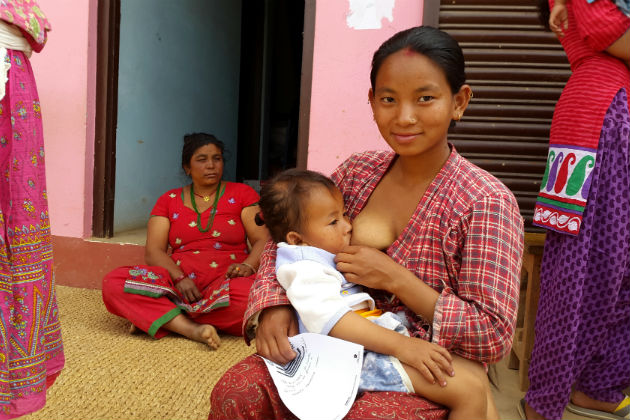The Expanded Quality Management Using Information Power (EQUIP) in Uganda and Tanzania was a district-scale, proof-of-concept study that evaluated a quality management approach for maternal and newborn health to overcome barriers in health service delivery. EQUIP ran from 2010 to 2014 in two under-resourced districts in southern Tanzania and eastern Uganda and aimed to test whether a quality management approach at three levels of care – communities, health facilities and district health team management - andsupported by district level report cards can improve the quality and utilization of services for mothers and newborns. This systemic quality management model could be a model for district health system strengthening in low-resource settings.
Quality improvement teams were working on specific problems to strengthen demand and supply of maternal and newborn health care. The initiative showed that quality improvement is a complex intervention that takes time, may require additional resources and support (e.g medicines and equipment) and that strong leadership and management is essential to implement it at community and primary facility levels. EQUIP was able to overcome selected low implementation levels for essential maternal and newbornhealth interventions and demonstrated potential for concurrent improvement in both demand and supply side indicators.
EQUIP has a wealth of lessons to share on working simultaneously at community, facility and district levels to make quality improvement impactful, what it takes to collect and use data in a strategic manner, the impact that mentoring and coaching can have and what barriers stand in the way of quality improvement teams.
Listen to Dr Peter Waiswa, Associate Professor at MakereUniversity School of Public Health, Uganda, and Karolinska Institutet, Sweden, present EQUIP: bit.ly/TanzaniaUganda2-story


